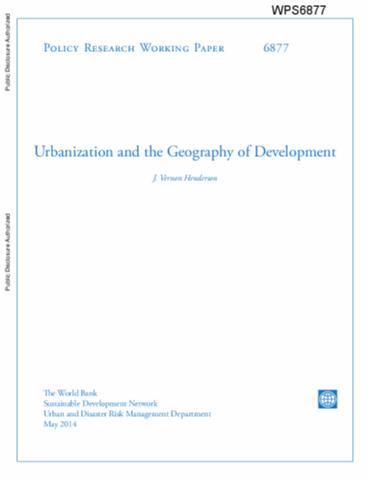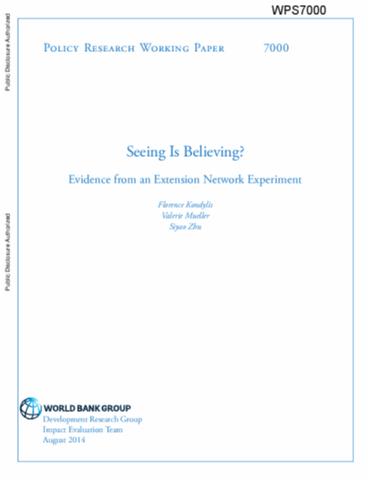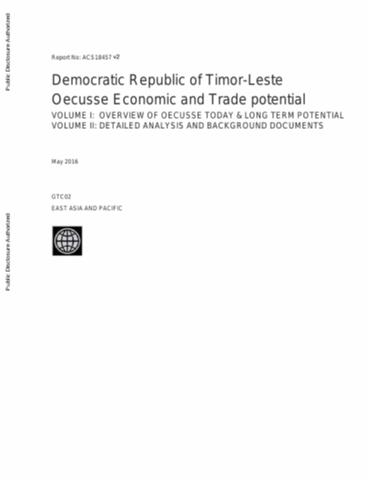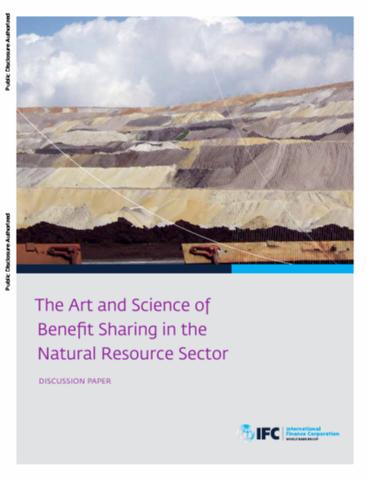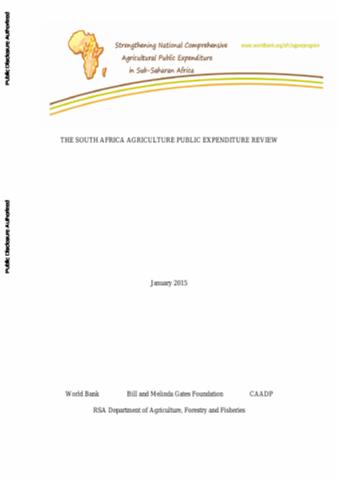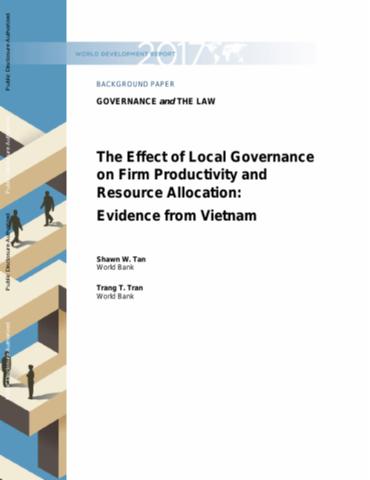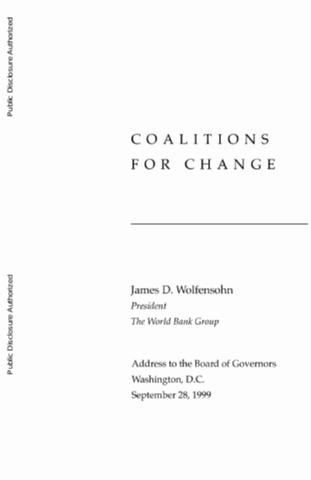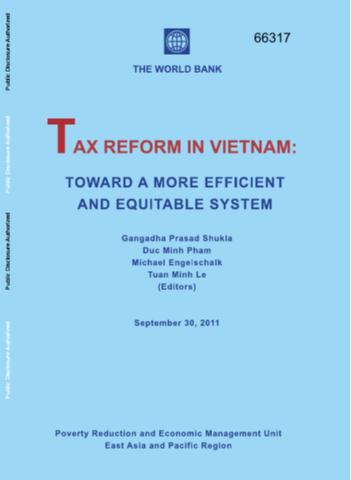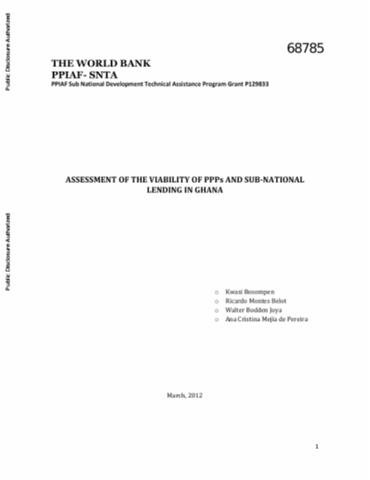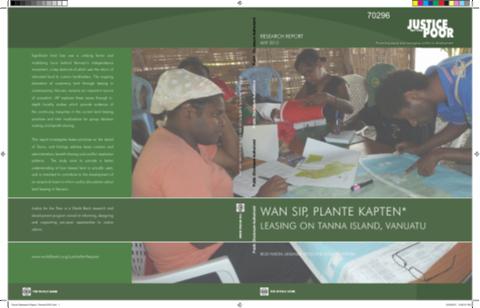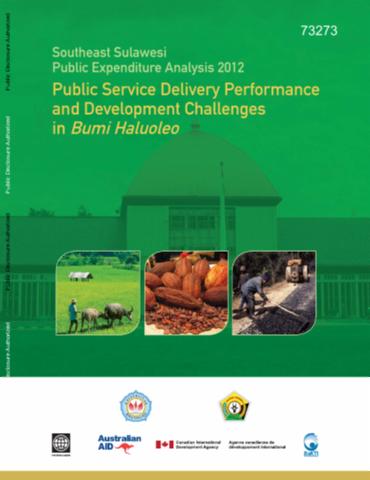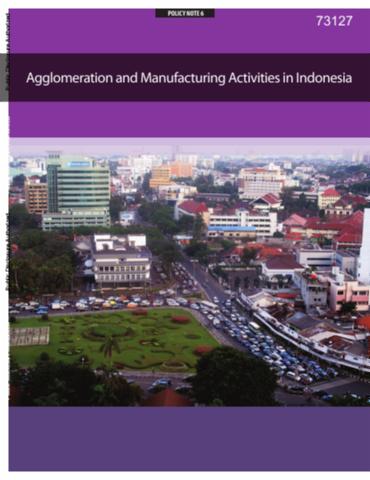Urbanization and the Geography of Development
This paper focuses on three interrelated questions on urbanization and the geography of development. First, although we herald cities with their industrial bases as "engines of growth," does industrialization in fact drive urbanization? While such relationships appear in the data, the process is not straightforward. Among developing countries, changes in income or industrialization correlate only weakly with changes in urbanization. This suggests that policy and institutional factors may also influence the urbanization process.

